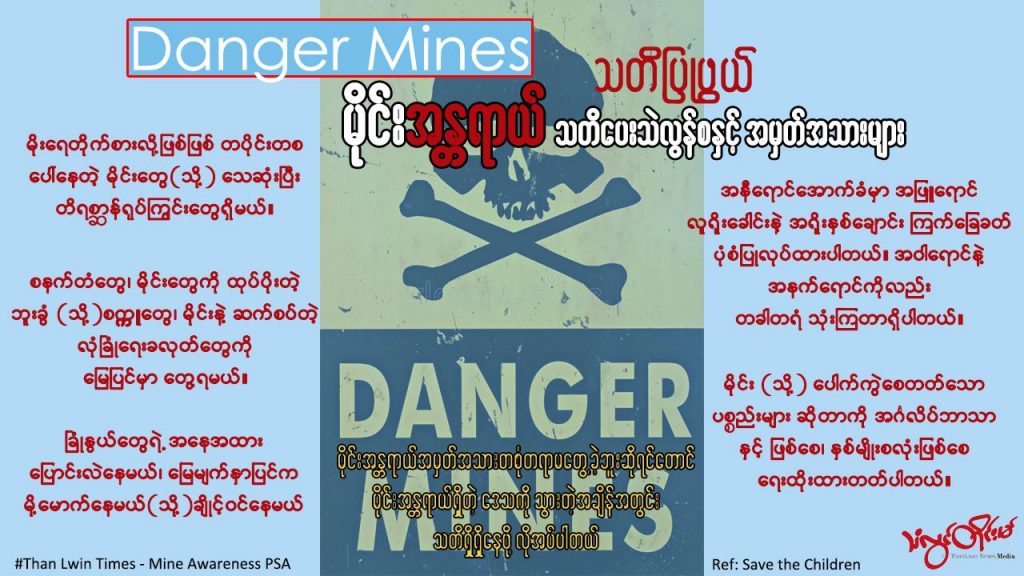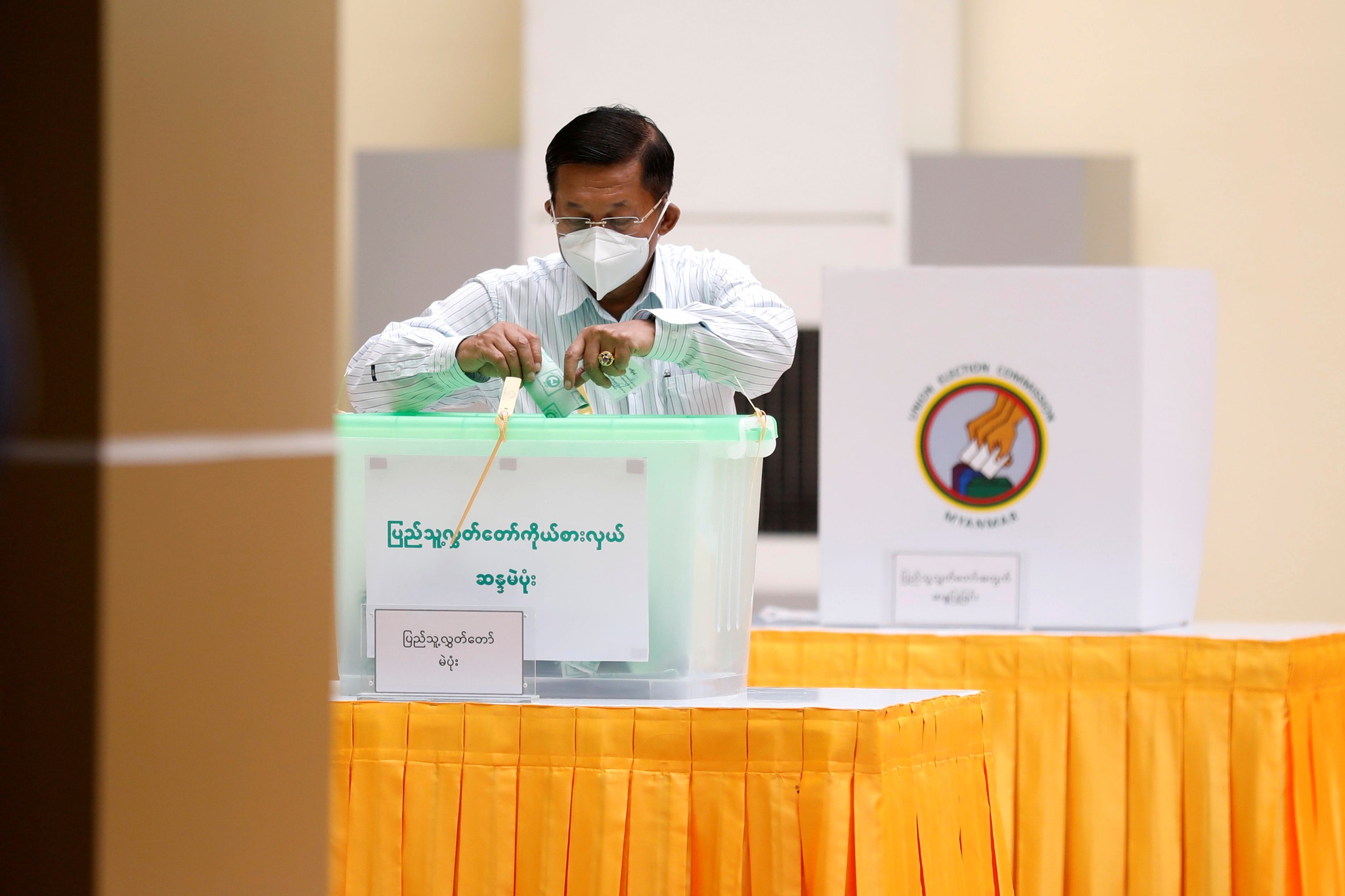Nay Pyi Taw, 5 September
Coup leader General Min Aung Hlaing said that a genuine election with correct voter lists will be held only if all voter lists are collected.
On September 1, the military leader stated at the second meeting of the military council after the state of emergency was extended for six months that elections will take place only after a nationwide census and voting procedure in 2024.
An election observer pointed out, “The military council can collect the voter lists in the territory of their partner EAOs, including their controlled areas, and may hold mandatory elections. This is their only political exist for them.”
Myanmar’s election law does not stipulate that “a successful election must be determined by the percentage of eligible voters who cast votes or the number of townships in which the election is held,” so there is a possibility that the military council may hold elections in areas they can control.
Some people did not participate in the junta’s collection of ground population at the beginning of this year amid armed resistance forces’ attacks, but the military council reported that it was able to take population data of 87 percent nationwide.
However, the eradication of the military dictatorship has gained momentum over time, and the number of incidents of armed resistance and fighting increased throughout the country, fueling the civil war.
According to data from the independent research organization ISP-Myanmar, over 10,000 clashes broke out in Myanmar until July of this year since coup, more than double the number of incidents in the past ten years.

The military leader has frequently stated that their ultimate goal is to hold a free and fair multi-party democratic general election, and that they have to strive to maintain national stability and peace.
Dr. Hla Kyaw Zaw, a political analyst, said that the military council is making public the election plan to gain legitimacy, and I don’t think it will happen considering the current military situation.
The military council was unable to hold an election because the country was not in a normal situation two years after the coup, and extended the state of emergency for another six months at the last Defense and Security Meeting.
No fighting occurs in a few regions, including Yangon, but armed clashes continue in Sagaing, Magway, Mandalay, Bago, and Tanintharyi Regions and Kachin, Chin, Karenni, Shan, Karen, and Mon states.
As the armed conflict worsens on a daily basis, political and military observers predict that no elections will be held in the next one to two years and that only the military council would retain power.
News-Than Lwin Times
Photo-Reuters


